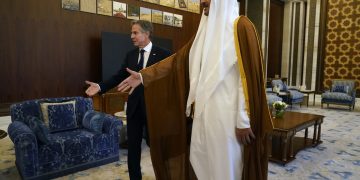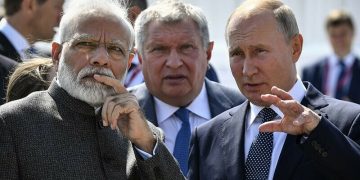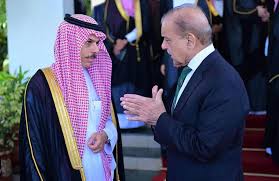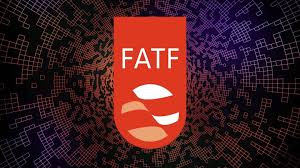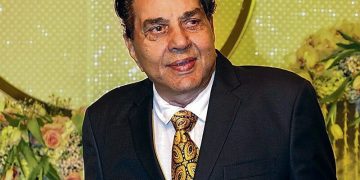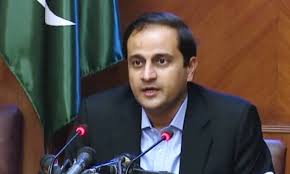World Bank (WB) has approved US$ 800 million loan for Pakistan’s power sector and capital development in the country.
As per details, WB’s Board of Executive Directors approved a US$ 800 million loan for financing two programs in Pakistan namely ‘Pakistan Program for Affordable’ and ‘Clean Energy and the Second Securing Human Investments to Foster Transformation’.
Out of the total US$ 800 million, US$ 400 million will be given to Pakistan under Pakistan Program for Affordable and Clean Energy (PACE) and will aim at enhancing the financial viability of the power sector and support the country’s transition to low-carbon energy.
Rikard Liden – World Bank Task Team Leader for the PACE program has stressed that ‘Power sector reforms are critical to resolving Pakistan’s fiscal challenges.’
“Decarbonizing the energy mix will reduce the dependence on fossil fuel imports and vulnerability to price fluctuations because of movement in exchange rates. PACE prioritizes action on such reforms, which must be sustained to address circular debt and set the power sector on a sustainable path,” he added.
ACE prioritizes actions needed to initiate critical power sector reforms focused on: reducing power generation costs; better targeting of subsidies and tariffs for consumers; and improving efficiencies in electricity distribution with the participation of the private sector. Additional medium-term reforms are under development, focusing on subsidies, competitiveness, and power sector sustainability.
Meanwhile, Pakistan will receive the remaining US$ 400million under Second Securing Human Investments to Foster Transformation program (SHIFT II) which supports a federal structure to strengthen basic service delivery for human capital accumulation.
The program aims at improving health and education services, increase income-generation opportunities for the poor, and promote inclusive economic growth.
Highlighting the significance of SHIFT II program, Tazeen Fasih – World Bank Task Team Leader for the SHIFT II program, accentuated that strengthening services that build human capital in a coordinated manner between provincial and federal authorities, along with improved targeting of social safety nets, will better support families to recover from the COVID-19 crisis, and pave the way for more robust crisis preparedness in the future.
Addressing the issue of reforms, Najy Benhassine – World Bank Country Director for Pakistan stressed that reforms underpinning PACE and SHIFT can contribute to facilitating sustainable investments and generate welfare gains for those most in need.


